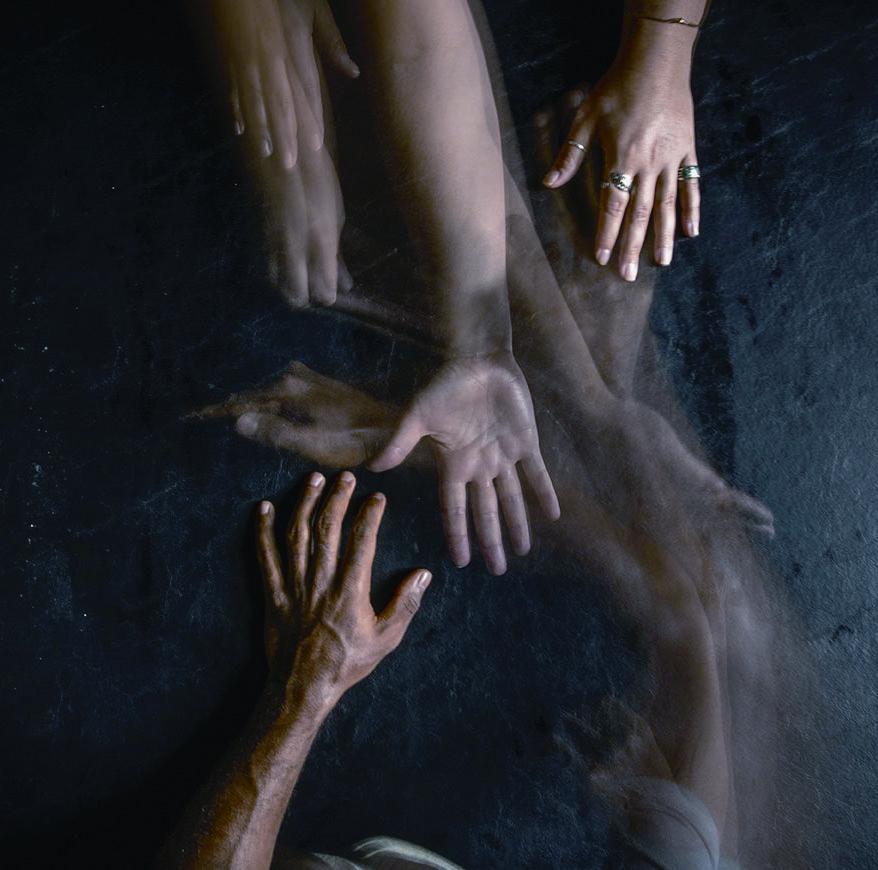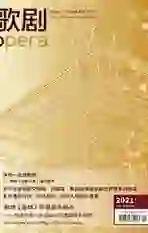善用通信科技:疫情期间,制作人移师小屏幕
2021-03-18司马勤
司马勤
相信不只有我觉得烦闷,大家都厌倦了坐在电脑屏幕前吧?这些日子里,歌剧爱好者没有太多选择。尽管有几家歌剧院在过去一年里把歌剧制作搬上了现实生活中的舞台,但它们现在都被迫关闭,静心等待下一轮剧院解封的日子。其实我们一眼就能看出,那些具有抗疫特征的制作,与常规的歌剧相比,有着很大区别。
因此,我们还是无法割舍大都会歌剧院和另外数家歌剧院每晚送上的在线视频。这些歌剧视频和网络直播双管齐下,天天提醒着我们歌剧艺术的那些辉煌的往昔,我们期盼终有一天——因为希望在人间嘛——歌剧演出会再次兴旺起来。正当我沉醉于第三遍全版《指环》以及第四次欣赏大都会播放约翰·亚当斯(John Adams)的《尼克松在中国》(Nixon in China)高清视频之际,脑海里浮现出一个连续不断的念头:“人生不该仅限于此吧!”
幸运的是,似乎有人听到了我的心声。在过去的两个月里,几位有进取心的年轻制作人深知现下的歌剧世界不得不脱离了舞台,走进笔记本电脑。他们便更向前一步,把焦点放在另一个通信工具——智能手机上。纽约的现场歌剧团(On Site Opera)在不久之前推出了两个项目,利用了电话以及传统邮递服务,为“歌剧送餐”方式特别加码。
诚然,《致远方的爱人》(To My Distant Love)与《仍然存在的美丽》( The Beauty That Still Remains)都包含一定的宣传噱头。严格意义上说,它们都算不上是歌剧。前者为贝多芬歌曲套曲,时长只不过20分钟,演员拿着电话现场歌唱,好像为朋友留言一样。买了票的观众可以选择聆听女高音詹妮弗·泽特兰(Jennifer Zetlan)或男中音马里奥·迪亚兹-莫雷斯科(Mario Diaz-Moresco) 演绎这部作品。后者的副题为“歌唱的日记”(Diaries in Song),这个项目的规模雄心勃勃,涵盖三首歌曲套曲——雅纳切克(Janá?ek)的《消失人的日记》(Diary of One Who Disappeared)、多明尼克·阿尔坚托(Dominick Argento)的《自弗吉尼亚·伍尔芙的日记》(From the Diary of Virginia Woolf)与朱莉娅·霍尔(Julia Hall)《反转的世界》(A World Turned Upside Down)——邮寄包裹里有装着节目单的三个大信封,还有复制的日记以及歌词中提到的物件(比如说家庭照片、干花等),和连接预录演出视频的二维码与网址。
是的,这是宣传噱头,但聪明至极,把集体参与的浸淫式剧场的即时性体验转移至属于个人的、可以触摸的经验。我敢打赌,在剧院重开大门之后,“电话歌剧”或“邮寄歌剧”都不会成为常规的演出模式。可是,这两个项目启发了我:我们今天可以同步拥有多种新颖的科技与媒体平台,那么“舞台上”的歌剧制作可以走得更远吗?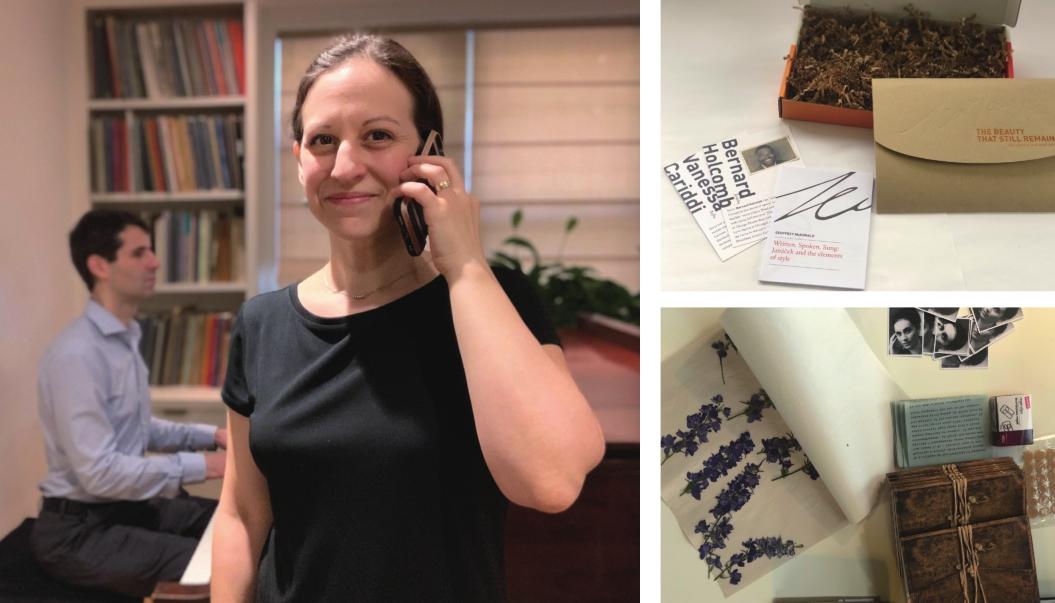
没等多久,新的个案就冒了出来。我很少有机会于每年的1月留在纽约市,观赏纽约公共剧院(实质上美国的国家剧院)的跨越艺术体裁的年度大戏——“雷达之下艺术节”(Under the Radar Festival)。令人啼笑皆非的是,即便我今年身在纽约也不用特意到现场观看了,因为今年艺术节的全部节目都放到了互联网上。其中有两项演出跟现场歌剧团保持社交距离的制作手法同出一辙,甚至更胜一筹。
首先是《千方百计(一):打电话》[ A Thousand Ways (Part One): A Phone Call ],由“600狂徒”(600 Highwaymen)这个实验剧团策划。剧团的两位编剧、创作者是阿比盖尔·布劳德(Abigail Browde)与迈克尔·斯尔瓦斯顿(Michael Silverstone),他们探索的是长途距离。跟现场歌剧团《致远方的爱人》的模式相近,演出通过电话传送,而在另一端拿着话筒的人也是观众之一。《致远方的爱人》中尽管利用电话演绎贝多芬的套曲,但人们聆听的艺术体验仅仅是单向式的。《打电话》就不一样,它是一个百分百互动的作品,引導两个素未谋面的陌生人通过自动语音提示交谈起来。自动语音提示包括“用四个形容词描述你的童年”,也会带领两位参与者进入一个预设的场景——“在沙漠的路上,你们开的车坏了……”。参与对话的两个人既是观众也是演员(他们如何设定“演员”的角色因人而异,甚至可以编造谎言,因为彼此无法鉴定对方说的话是真是假)。在一个小时之内,《打电话》道破了因疫情隔离而影响到我们心理状态的症状。双方都沿着有条理的道路前进,引发了对话和叙事想象力,并促进了联系和建立信任——简而言之,受过去一年疫情封锁隔离的影响,“交流”这一社交技能对于很多人来说都变得陌生了。
“雷达之下”的另一个制作则沿用了现场歌剧团《仍然存在的美丽》的基本概念,但把它用数码技术这个“粒子加速器”狠狠地推了一把。《富孩子:德黑兰购物中心的历史》(Rich Kids: A History of Shopping Malls in Tehran)由两位现居英国的剧场创作人——贾瓦德·阿里普尔(Javaad Alipoor)与柯斯蒂·霍斯利(Kirsty Housley)在Zoom上讲述了一个真实的、关于两个持有特权的伊朗年轻人因吸毒而引发的车祸。叙事充满戏剧性,死者推崇的享乐主义及奢华的生活细节,都在线上图片共享应用程序Instagram上显示出来——尽管这些图片都是剧作家虚构出来的。
想要完全理解这个故事,你的眼球要不停地转来转去,一会儿看着电脑屏幕,一会儿浏览手机应用程序上推送的照片。很可惜,两者在演出期间不总是完全同步的。但这些骇人的、接二连三推出的小道消息有效地编织出一个复杂社会的大图景。在一个小时的演出时长里,一层层的参考资料堆叠在一起,它们互相碰撞,令观众感官爆炸,就像面临车祸时的那种惊心动魄。
《打電话》是应新冠疫情而生的新作品,《富孩子》的原始版本早已在曼彻斯特国际艺术节的舞台上亮相。观众的眼光经常要从舞台上转移至手机显示的Instagram程序上,后者简直就是视觉上的疲劳轰炸。很奇怪,我看(由伦敦巴特西艺术中心委约的)线上版本一点都感觉不到换转媒体具有事后添加之嫌。互联网更像是《富孩子》真正的归宿。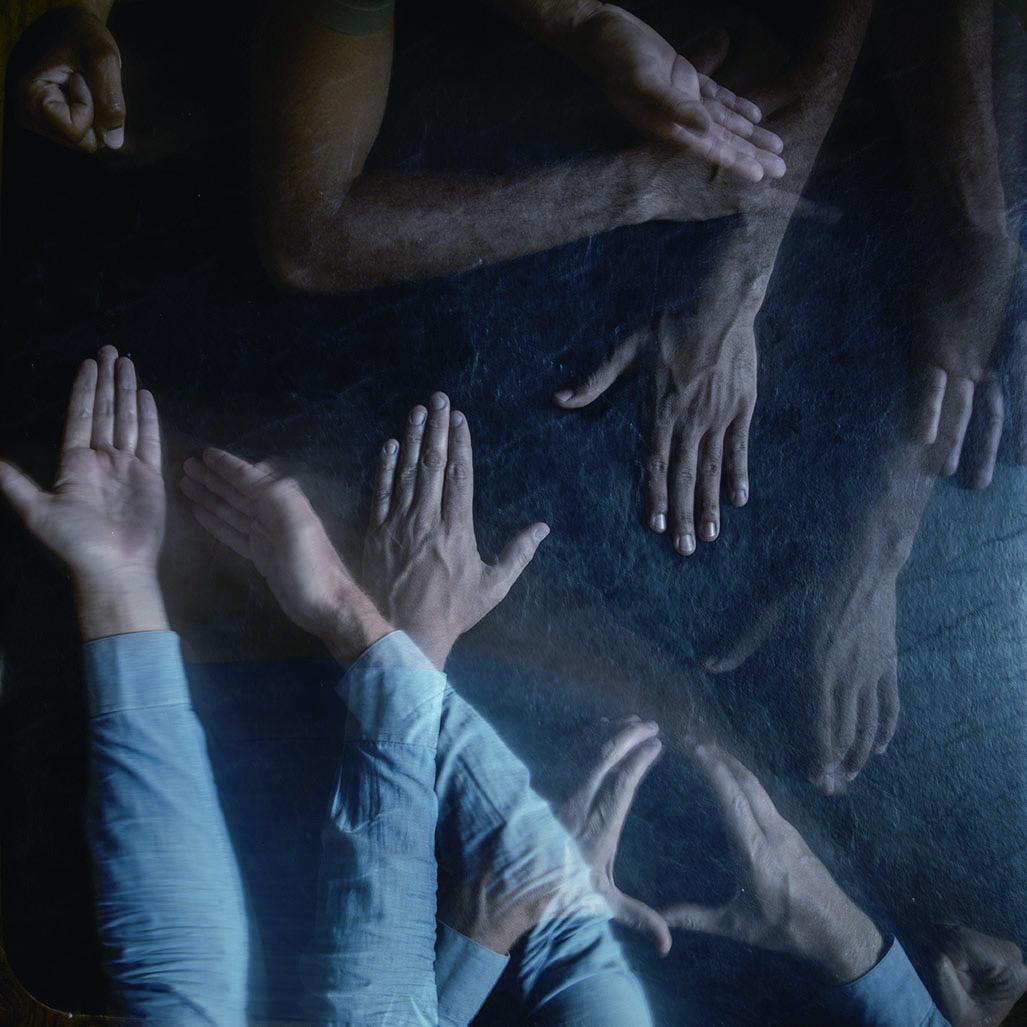
虽然我没有看过舞台版的《富孩子》,但我可以想象得到观众们的抱怨:“这么多年来一进剧场,工作人员就叮嘱我们要把手机关上。现在要我们必须保持开机吗?还要求我们在演出期间玩手机?”也许掏钱看艺术节的观众们比较前卫,但我的确在纽约现场歌剧团演出期间目睹过类似的情况。
新冠疫情发生的前一年,现场歌剧团在一个露宿者收容所里搬演了梅诺蒂的《阿马尔与夜来客》(Amahl and the Night Visitors),利用电脑软件直接将字幕发送到观众的手机里。约半数的观众拒绝利用这个新程序。不幸的是,这部分观众连节目介绍信息也无法看到,因为节目单都同样被数字化了,只显示在手机上。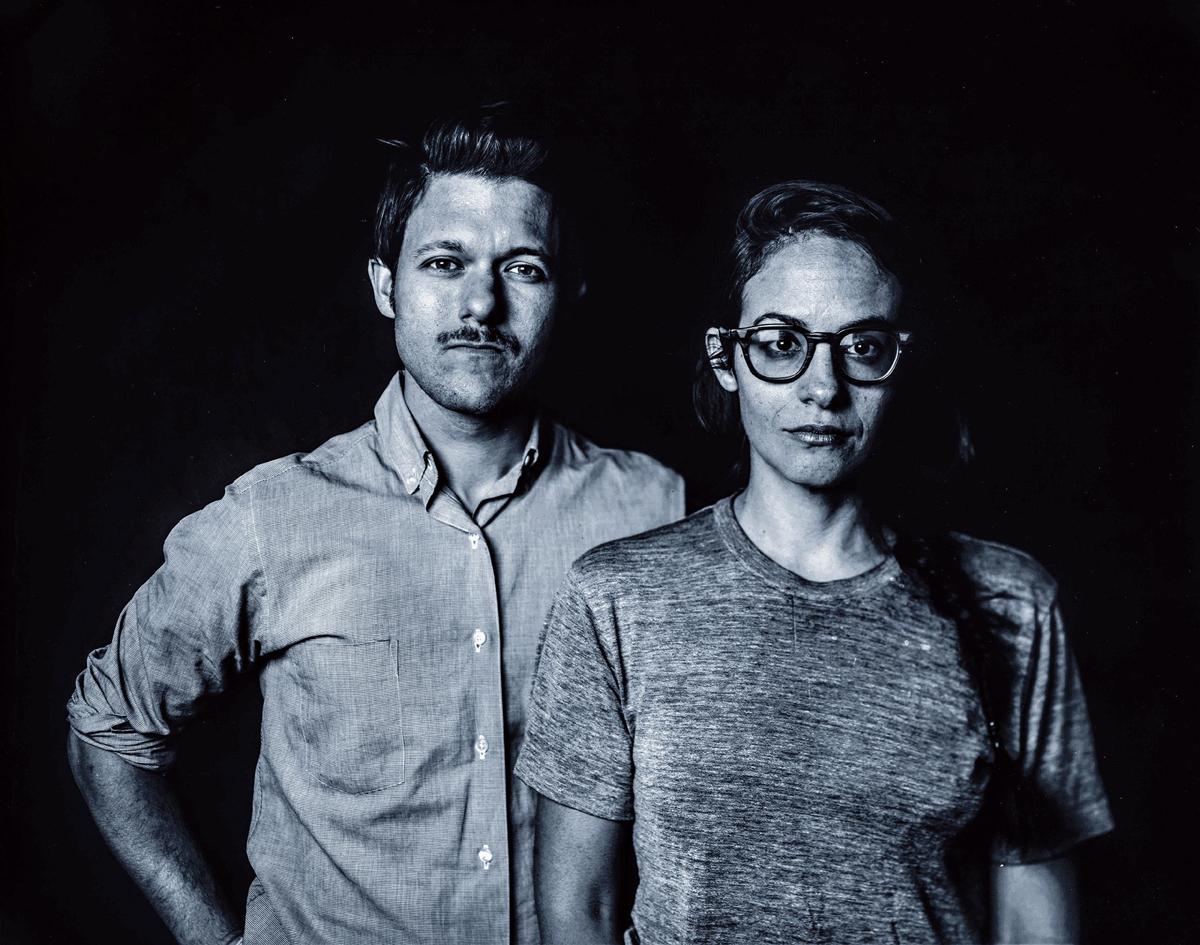
两年的光景是一段很长的时间。我们现在探讨的科技与程序,到了剧院重开、舞台演出复苏的时候,可能早已物是人非了。本年度很多举办了现场演出的团体不再提供纸质的节目单了,改为运用投影科技提供字幕与节目介绍。那些缺乏设备的剧场大可以模仿现场歌剧团,鼓励观众利用手机;而那些在投影艺术方面能够发挥创意、本身不依靠昂贵布景而蓬勃发展的小团体,如果当中有具有创意的团员懂得在小屏幕上缔造出吸引观众的生动的平行世界,那么连租赁昂贵的投影机的费用都可以省掉了。
直至一切再次恢复的那一天,我们很难预测哪些新发展会持续下去,哪几样是只属于暂时性的文化措施。但可以肯定地说,未来的表演艺术形式会怎样演变,观众会有如何的感应,就要看有多少年轻艺术家用心发掘通信科技的潜能了。
Is it just me, or is everyone getting a little tired of sitting in front of a computer screen? Not that opera lovers have much choice these days. Even the few companies that did manage to get to a proper stage this year have wound up closing shop and marking time through the next lockdown. And unfortunately, few of those Covid-proof productions could ever be confused with what we used to call opera.
So were still stuck with livestreams from the Metropolitan Opera and a handful of other houses, a double-barreled reminder of how opera used to be and how long it will probably be—if ever—before those times return. Somewhere between my third Ring Cycle and my fourth time through the “Met in HD” stream of John Adamss Nixon in China I kept thinking, There has to be more than this.
Fortunately, it seems some people have heard me. In the past couple of months, a few enterprising young producers, realizing that the opera world has traded the stage for the laptop,have started reminding us that we also have smartphones. Two recent productions from New Yorks On Site Opera have provided additional methods of home delivery, namely the telephone and the old-fashioned mailbox.
Admittedly, To My Distant Love and The Beauty That Still Remains are a bit of gimmick. Truth be told, they arent even operas. The first was actually a 20-minute song cycle by Beethoven, performed live over the phone as a “private message” to one audience member at a time (ticket buyers had the choice of hearing soprano Jennifer Zetlan or baritone Mario Diaz-Moresco). The second, subtitled“Diaries in Song,” was a more ambitious trio of song cycles (Janá?eks Diary of One Who Disappeared, Dominick Argentos From the Diary of Virginia Woolf, and Julia Halls A World Turned Upside Down), packaged in a small mailing box with separate envelopes serving as concert programs, along with actual replicas of the diaries, various items (family photos, dried flowers) mentioned therein, and the QR code and URL for the prerecorded audio.
A gimmick, yes, but a clever one channeling the communal immediacy of immersive theatre into a private tactile experience. Id lay odds that neither “phone opera” nor “opera by mail” will become standard performance practice after theatres reopen, but it did make me wonder: With so many new technologies and media platforms now available, how much further can “stage”productions go?
I didnt have to wait very long. This was the first time in many years Id been in New York during January, when New Yorks Public Theater (the de facto national theatre of the US) presents its annual genre-busting Under the Radar Festival. Funny thing is, this year I didnt even have to be in New York, since this festivals offerings had migrated entirely to the internet. But two productions in particular carefully followed and augmented On Sites socially distanced tactics.
The first, A Thousand Ways (Part One): A Phone Call by the experimental theatre troupe 600 Highwaymen (a.k.a. writer/creators Abigail Browde and Michael Silverstone), was not just distanced but long-distanced. Like On Sites Distant Love, it involved an actual phone call, though in this case the person on the other end of the line was a fellow audience member. Unlike the Beethoven cycle—which, medium notwithstanding, was a traditionally unidirectional artistic experience—A Phone Call was a supremely interactive work where two anonymous strangers engaged in a conversation triggered by an automated voice prompt. Following questions like “What are four words that described you as a child?” and narrative scenarios like “Youre driving in the desert together and the car breaks down,” each conversation partner becomes both audience and performer—the latter offering much room for creative fabrication since neither party has the means to gauge the others veracity. In the course of an hour, A Phone Call laid bare the tolls of pandemic isolation, with both parties moving along a well-guided path that triggered conversation and narrative imagination, as well as fostering connection and establishing trust—in short, the very social skills that have often gone dormant in many people this year.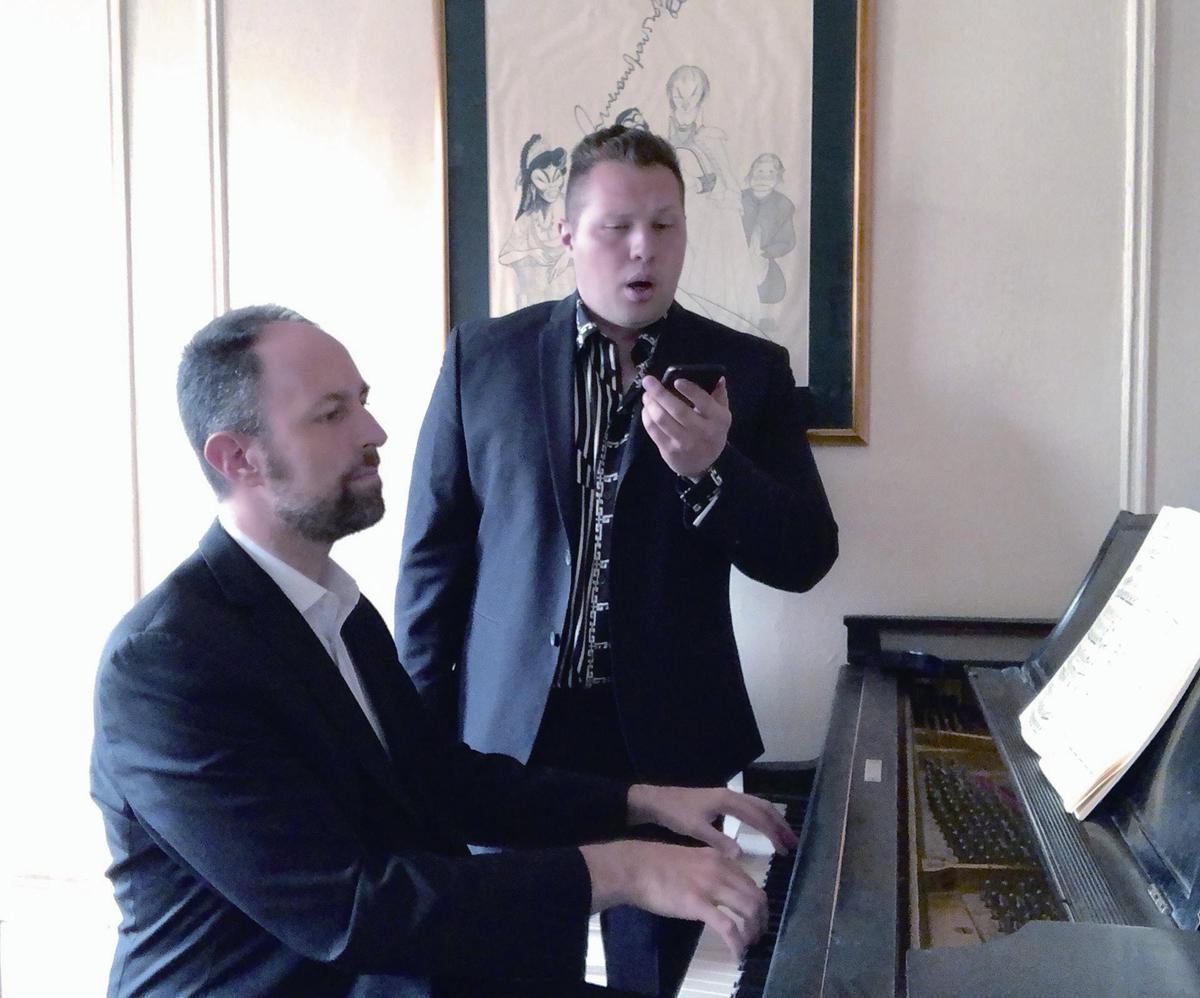
Likewise, another Under the Radar production took the basic concept of On Sites Beauty That Still Remains and essentially put it through a digital particle accelerator. Rich Kids: A History of Shopping Malls in Tehran, featured its UK-based creators Javaad Alipoor and Kirsty Housley on Zoom narrating the true story of two young, privileged Iranians and their cocaine-fueled car crash with all the dramatic, hedonistic details of conspicuous consumption colorfully documented in a fictional feed on the photo-sharing app Instagram.
Following the story in full required bouncing back and forth between a computer screen and a smartphone, which alas were not always in synch. Much more connected was how these lurid tabloid threads wove together into a much more elaborate sociological tapestry. Layers of references compounded and collided for nearly an hour, with the resulting sensory overload inspiring much the same feeling as the impending crash.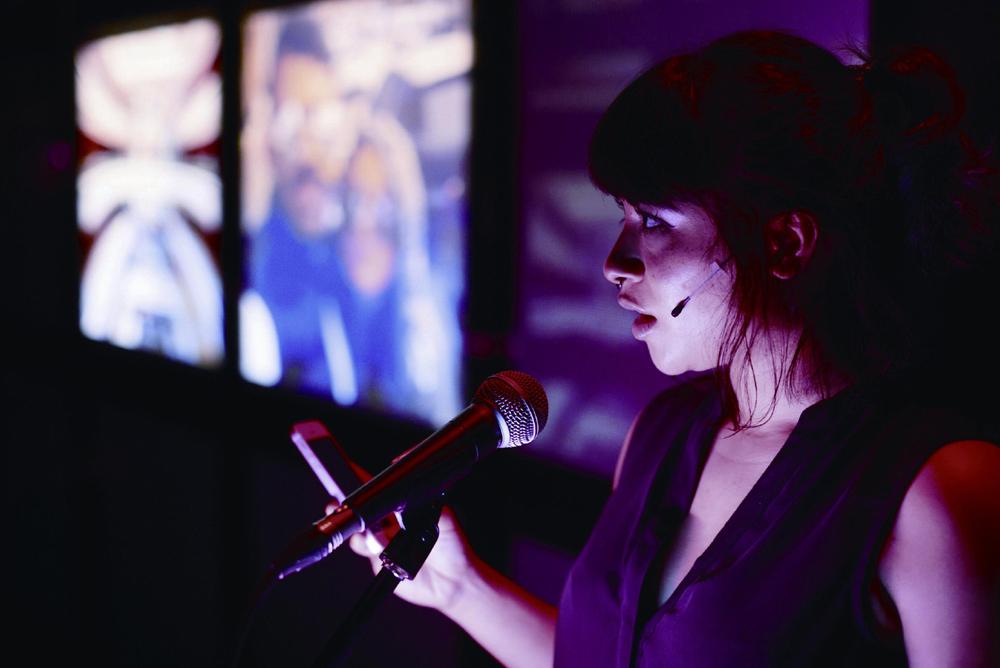
Unlike A Phone Call, which was developed during the pandemic and largely inspired as a reaction to it, Rich Kids was originally a live theatre piece for the Manchester International Arts Festival where audience members had to shift attention regularly from the live performers minimalist delivery to Instagrams visual overkill. And yet, the online version commissioned by Londons Battersea Arts Centre seemed to be less of an afterthought than the storys true home.
Though I didnt see Rich Kids live, I can already hear the audience complaining: After years of being told to turn off our mobile phones in the theatre, we now have to keep them on? And play with them during the show? Maybe I misjudge the festival crowd, but thats pretty much what I saw happen at, yes, an On Site Opera production in New York.
A year before the pandemic, On Site staged a production of Menottis Amahl and the Night Visitors in a homeless shelter using software that streamed surtitles directly to peoples phones. About half the audience refused. Unfortunately, they never got any other production information either, since concert programs were only delivered digitally as well.
But two years is a long time, and this may all change by the time live performances return. Many venues that did present events this year stopped handing out paper entirely, similarly using projections not just for surtitle translations but also to announce all program information. Less-equipped venues, though, could follow On Site and simply ask audiences to leave your phone on. Smaller companies—the very ones that thrive on projection designs instead of costly sets—wouldnt even need the expensive projectors if enough enterprising artists create vivid parallel worlds on the small screen.
Its still hard to tell which new developments will stick around and which are simply place holders till we get our act together. But safe to say, much of how performances of the future will look and feel depends on how many young artists keep phoning it in.